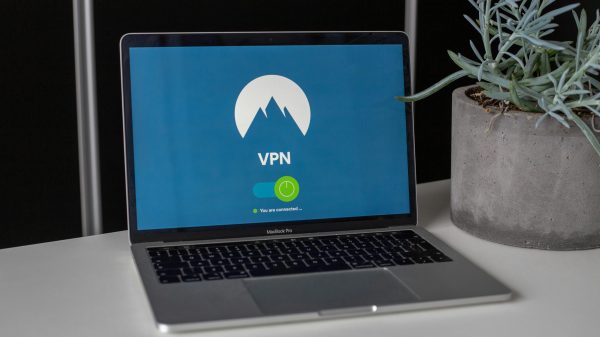When was the last time you checked the security of your website? Are your firewalls up to date or have you recently suffered from a data breach? Even if you are confident in your current safeguards, the simple fact is that cybersecurity has become more of a concerning issue than ever before. If you wish to keep proprietary information behind closed (digital) doors, it pays to take a quick look at the four powerful recommendations outlined immediately below.
![Best VPNs with Ad Blockers in 2023 [Built-in]](https://techstromy.com/wp-content/uploads/2023/07/best-vpns-with-ad-blockers-in-2023-built-in-2-scaled.jpg)
The Benefits of Virtual Private Server
Virtual private servers have become nearly ubiquitous throughout the contemporary business ecosystem. Here are some undeniable benefits attributed to VPS hosting platforms for enterprises of all sizes:
- Increased reliability and redundancy.
- Enhanced efficiency and the ability to lower the carbon footprint of an organisation.
- Multiple flexible pricing plans.
- Dedicated customer support specialists.
- Scalable resources.
Furthermore, we should note that modern VPS systems are more secure than shared hosting services. This is an understandable concern for any business that regularly handles sensitive information.
Adopt a Hands-On Approach to Antivirus Software
One of the advantages offered by third-party antivirus software bundles is that they rarely require any type of user intervention once they have been installed. However, some businesses make the mistake of failing to check for updates. It is therefore important to adjust the settings of this program so that any upgrades are performed as soon as they become available. The program might otherwise begin to perform at less-than-optimal levels; exposing your business to an increased risk of falling victim to a cyber attack.
Leverage Multi-Factor Authentication
This next recommendation has only come to light in relatively recent times. Sometimes referred to as two-factor authentication (2FA), multi-factor authentication provides an effective means to control who has access to specific information. As you might have already guessed, this process involves more than one step when validating one’s identity. Common examples include supplying a dedicated password and subsequently receiving a one-time SMS code that needs to be verified. While not entirely foolproof, multi-factor identification represents yet another powerful tool at your disposal.
Educate Employees
While this final suggestion is entirely straightforward, countless businesses fail to provide their employees with the proper security training. Not only can such scenarios present a host of in-house security risks, but they are arguably the most avoidable if a proactive approach is adopted. Here are some tips when training workers (particularly new applicants):
- Learn how to identify a suspicious email or correspondence.
- Know when to report a suspected data breach.
- Appreciate which supervisor is in charge of security matters.
- Do not be afraid of asking questions.
Employees who appreciate the severity of cyber attacks will be much more likely to take the appropriate steps at the first sign of trouble. Furthermore, they can help to ensure that private data does not happen to fall into the wrong hands.
Do not hesitate to refer back to this article for guidance, as information security represents a core tenet of any successful business.


































